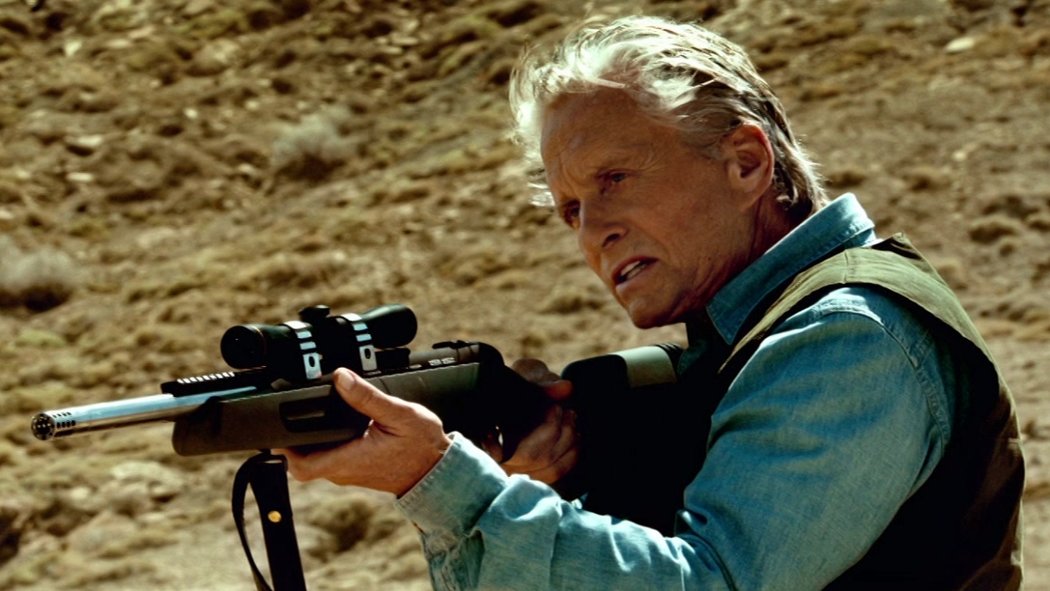The Pack
by Hope Madden
There are not a lot of Australian horror movies I would pass up. Whether it’s the relentless, grisly terror of Wolf Creek, the shattering metaphorical horror of The Babadook, or one of the trademark muscular, bloody comedies like Wyrmwood or 100 Bloody Acres, somehow Aussie genre output satisfies more often than not.
Nick Robertson’s The Pack offers a slight premise, but mines it for all it’s worth as an isolated farmhouse family must survive the night once a pack of flesh-hungry dogs surrounds their property.
There’s precious little story outside the nightlong attack. Carla (Anna Lise Phillips) is a vet who tends to the pets and farm animals in the surrounding countryside, a job that’s meager wage pays most of the bills now that something’s been killing so much of her family’s livestock. Her husband Adam (Jack Campbell) refuses to sell the property to the creepy banker; their son (Hamish Phillips) wants to stay while their teenaged daughter (Katie Moore) would rather live in town.
And then dogs come.
The wild isolation of the outback has provided the backbone for most of the country’s horror output – as it does again here. Rather than filming the vast, surrounding woods and wilderness as a menace, cinematographer Benjamin Shirley’s camera captures the elegance and beauty of it. You don’t wonder what makes this family want to stay. It’s an interesting cinematic choice, because you aren’t given the sense that their separation from the larger society is necessarily dangerous, rather that this abundance of beauty somehow betrays them.
Same with the dogs. These are not your sinewy, feral beasts slinking through the woods. They’re gorgeous – fluffy, even. And yet, when enough of them spread out through the trees just beyond the edge of the property, their heads lowered, their eyes catching the fading light, it’s all you can do not to yell to Adam to run.
The problem with The Pack is that the whisper thin plot doesn’t allow for much of a climax or denouement. The final scene in this film leaves more questions than answers, and not in an exciting, ambiguous way.
It’s a quick and finely acted rush, but like the sugar from this box of Thin Mints next to me, it’s not a rush that sticks around.









